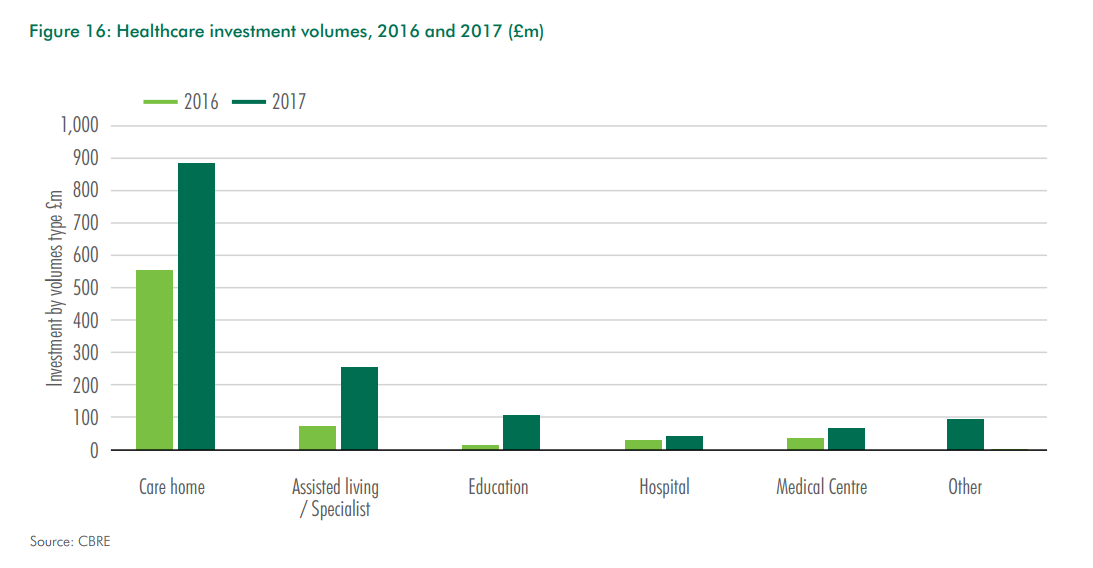Investing in commercial real estate can be a lucrative venture, but it often requires significant capital and expertise. However, there is a way for individual investors to tap into this market without the hassle of owning physical properties – through Real Estate Investment Trusts (REITs).
In this article, we will explore the basics of REITs, with a specific focus on commercial REITs. We will also examine some of the top players in this field and provide tips for investing in commercial REITs.
So let’s dive in and unleash the potential of commercial REITs!
Understanding the Basics of REITs
Real Estate Investment Trusts (REITs) are companies that own, operate, or finance income-generating real estate. They pool funds from multiple investors to invest in residential and commercial properties such as apartments, office spaces, retail centers, and industrial warehouses.
Residential REITs focus on residential properties and generate revenue from rental income. Commercial REITs specialize in non-residential properties leased to businesses or organizations. Investing in REITs offers individuals the opportunity to participate in the real estate market without direct property ownership or management responsibilities.
However, it’s important to conduct thorough research and analysis as investing in REITs carries inherent risks tied to economic conditions and market fluctuations.
The Appeal of Commercial REITs for Investors
Investing in commercial real estate through REITs offers several advantages for investors. Firstly, it provides a way to diversify investment portfolios beyond stocks and bonds. By investing in different types of commercial properties, investors can spread their risk across various sectors and locations.
Commercial REITs also offer stable and predictable income streams through long-term lease agreements, which is appealing to income-oriented investors. Additionally, these REITs allow for diversification within the real estate sector itself, enabling investors to tailor their portfolios to align with market trends and potential growth areas.
With professional management teams handling property operations, individual investors can benefit from their expertise while reducing their burden. Overall, commercial REITs provide access to larger-scale investments and an attractive avenue for those looking to expand their portfolios beyond traditional options.
| Advantages of Commercial REITs for Investors |
|---|
| Diversification beyond stocks and bonds |
| Stable and predictable income streams |
| Tailoring portfolio to align with market trends |
| Expert management teams |
| Access to larger-scale investments |
Exploring the Top Commercial REITs: A Look at Market Leaders
Commercial Real Estate Investment Trusts (REITs) are market leaders in the commercial real estate industry. Two prominent players are ABC REIT and XYZ Property Group.
ABC REIT focuses on retail properties, office buildings, and industrial warehouses. They own shopping centers, office spaces in prime locations, and warehouses catering to e-commerce companies. With attractive dividend yields, steady rental income growth, and high occupancy rates, ABC REIT demonstrates a successful track record.
XYZ Property Group has a diverse portfolio including shopping centers, office towers, and hotels. They attract a mix of national retailers and local businesses. With consistent distribution growth, high-quality assets, and a strategic expansion strategy, XYZ Property Group offers potential for long-term growth.
Investing in these top commercial REITs allows investors to benefit from stable income streams and potential capital appreciation within the commercial real estate market.
Tips for Evaluating Commercial REITs: What to Consider
Before investing in commercial REITs, it’s important to assess risk factors and evaluate potential. Consider these tips:
- Economic Conditions and Market Trends: Analyze indicators like GDP growth and employment rates to gauge real estate market stability.
- Lease Renewal Rates and Tenant Stability: High turnover or declining renewal rates may signal risks in consistent rental income.
- Interest Rate Environment: Monitor trends as they impact borrowing costs for both REITs and tenants.
- Research the Management Team: Look into their expertise, qualifications, and track record in property acquisitions and management.
- Analyze Asset Quality: Scrutinize location, property condition, tenant mix, and lease terms for long-term value and income potential.
- Study Market Demographics and Demand: Understand population growth, employment trends, and industry-specific demands that affect rental rates.
Considering these factors will help you make informed decisions when investing in commercial REITs.
The Future of Commercial REITs: Emerging Trends and Opportunities
Commercial Real Estate Investment Trusts (REITs) are undergoing significant changes due to technological advancements and evolving investor preferences. Two emerging trends will shape their future:
Technology is driving innovation in property development, with developers incorporating tech-driven solutions to enhance property value and reduce operational costs. Smart buildings equipped with IoT devices offer enhanced security measures, personalized services, and seamless connectivity for tenants.
Sustainable investing is gaining traction across industries, including real estate. Commercial REITs are adopting green building initiatives that promote energy efficiency and environmental responsibility. Investors are placing greater emphasis on Environmental, Social, and Governance (ESG) factors when making investment decisions.
These trends present exciting opportunities for commercial REITs to thrive in a rapidly changing market by attracting environmentally conscious investors and providing enhanced tenant experiences through technology-driven solutions.
Conclusion: Unleashing the Potential of Commercial REITs
[lyte id=’k3kSMPzr6Ac’]





/GettyImages-84304333-58756bf83df78c17b6dcee50.jpg)